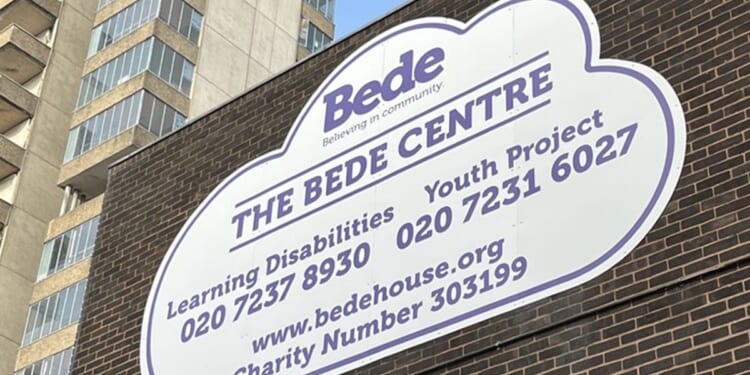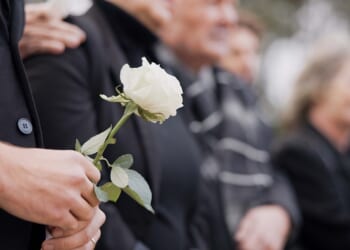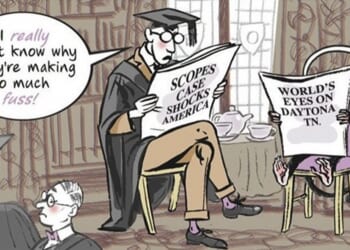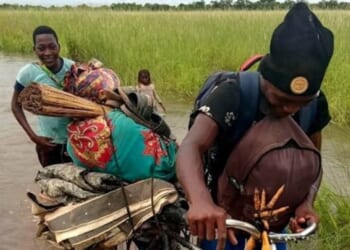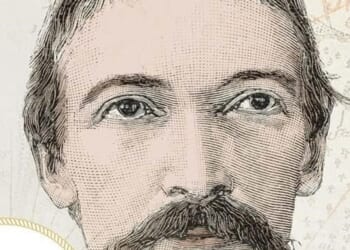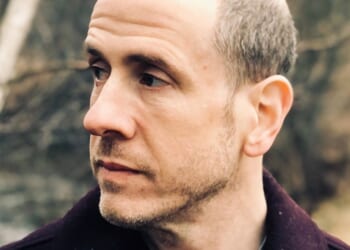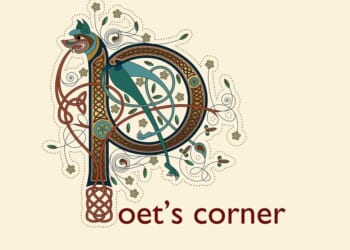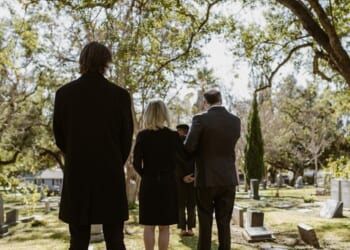I HAVE known many places in my life that I would call holy. To pray in Bemerton Church, near to where George Herbert lies, to walk the Shropshire hills, to kneel in the cell where Maximilian Kolbe was imprisoned before his execution by the Nazis — all these have silenced me and reorientated my heart towards God. The one place, however, that stays in that heart is Bede House, in Southwark Park Road, south London.
Bede House is a community that, maybe unknowingly, lives the Magnificat. It lifts up the humble, ignores the exclusions of the proud, and fills the hungry and lonely with good things. Doing this isn’t easy with low financial resource and only a volunteer community of helpers, and in a culture that encourages us to upturn the song of Mary by putting down the fragile to make us mighty, and to get the right seat at the table of power.
Bede House provides a safe and imaginative day centre for people with learning disabilities, and people who have suffered domestic abuse. I have met people there for whom life has been one huge and painful obstacle, people who have been mocked as children, avoided as adults, forgotten in old age. For some there, simply to get through a day, practically speaking, is really difficult: work is not offered to you; and many don’t know how to talk to you — and so they don’t. Once in Bede House, though, people are valued, encouraged, and celebrated for who they are and what they bring to the whole.
For those who scoff at the word “inclusion”, all I would ask is to take a look at its beauty when it is not used as a political token, but is made a human reality, where the scarred and the scared, the overlooked and the frighteningly vulnerable, are seen and cherished for who they are, and not avoided or ridiculed for what they are not.
IF HOLY places are proved by a few miracles, Bede House is not short of them. Once confidence is built up there, some guests begin to do shopping for the elderly in the area, or work in a charity’s shop or office; some learn to grow vegetables, and help at foodbanks. All of them learn new skills, make new friends, and learn how to stay healthy.
There is so much misunderstanding about learning disabilities — many people confuse them with mental-health issues. The love that values those whom the world so often looks past or through is a holy love, and where it dwells it makes a holy place. I have sat there in tears, and I have laughed with a deeper joy. My heart has needed both, and I am grateful to the amazing community of Bede House for what they achieve against all the odds. It is holy for me, because it has taught me that one of the most important things you can do on this earth is to let people know that they are not alone.
The Very Revd Dr Mark Oakley is Dean of Southwark, and Canon Theologian of Wakefield Cathedral.

